🎬 The Aviator (2004)
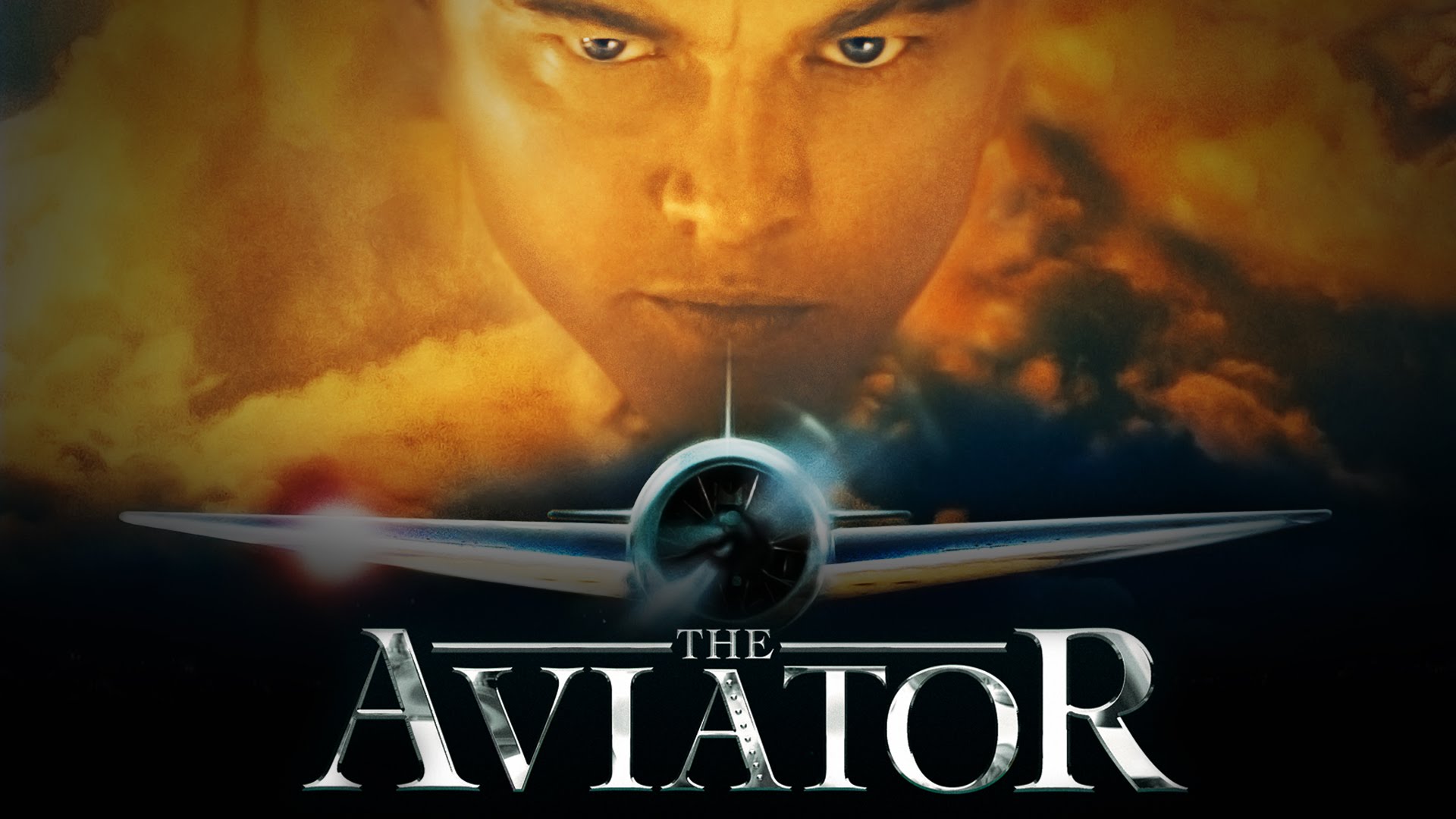
🎬 The Aviator (2004): The Rise and Fall of Howard Hughes
The Aviator, directed by Martin Scorsese, is an epic biographical drama that chronicles the life of aviation pioneer and film producer Howard Hughes, played masterfully by Leonardo DiCaprio. Set against the backdrop of the early 20th century, the film explores Hughes’ rise to fame and fortune as he revolutionizes the aviation industry while grappling with his obsessive-compulsive disorder and personal demons. ✈️💼
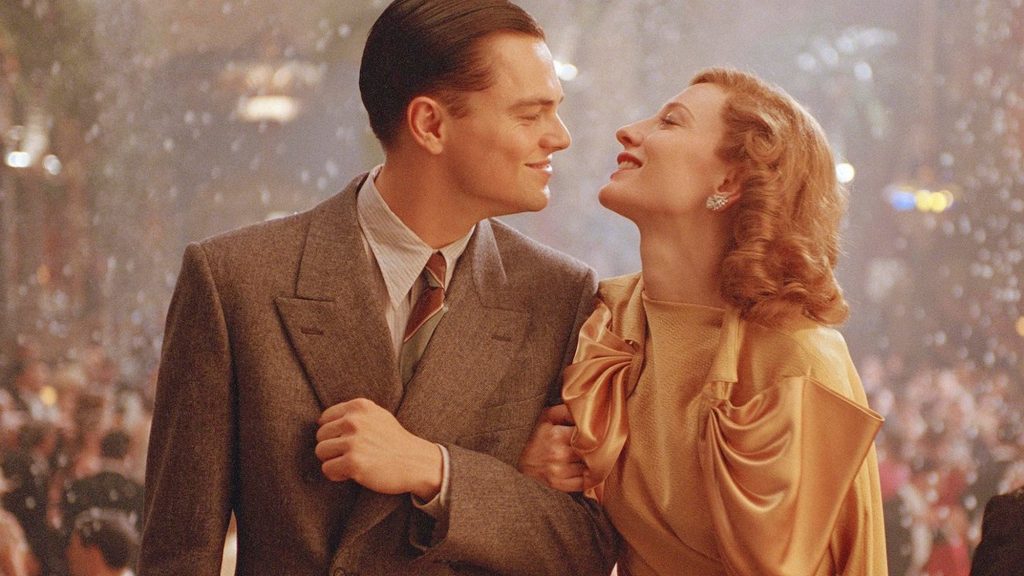
The film opens with Hughes as a young man in the 1920s, showcasing his passion for aviation and filmmaking. His early success in Hollywood is highlighted through his production of the groundbreaking war film Hell’s Angels, which featured stunning aerial sequences and innovative special effects. This ambitious project sets the stage for Hughes’ determination to push the boundaries of both cinema and aviation, reflecting his relentless pursuit of perfection. 🎬🌟
As Hughes becomes increasingly successful, the film delves into his relationships with various women, including the glamorous actress Katharine Hepburn (Kate Beckinsale) and the iconic starlet Ava Gardner (Kate Winslet). These romantic entanglements illustrate Hughes’ struggles with intimacy and vulnerability, revealing how his obsessive nature impacts his personal life. Hepburn, in particular, serves as a stabilizing force for Hughes, encouraging him to confront his fears and embrace his true self. 💖🎭
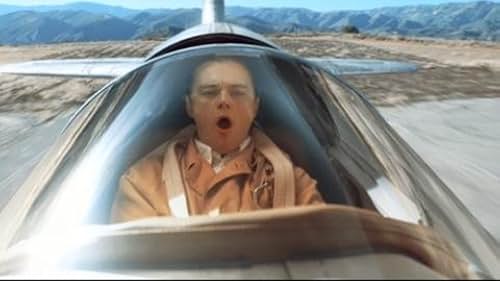
The film intricately portrays Hughes’ obsession with aviation and his desire to create faster, safer aircraft. This obsession leads him to develop the revolutionary Hughes H-1 Racer, which he pilots himself in a record-breaking speed run. However, as Hughes’ fame grows, so does his paranoia and fear of public scrutiny. The film effectively captures his descent into mental illness, showcasing the toll that fame and obsession take on his psyche. 🌪️🛩️
Scorsese’s direction shines in the film’s breathtaking aerial sequences, which blend stunning visuals with groundbreaking CGI technology. The meticulous attention to detail in recreating historical events, such as Hughes’ flight tests and the development of his aircraft, immerses the audience in the world of aviation during that era. The film’s cinematography, paired with a rich score by Howard Shore, enhances the emotional depth of Hughes’ journey, balancing moments of triumph with the weight of his struggles. 🎥🌈
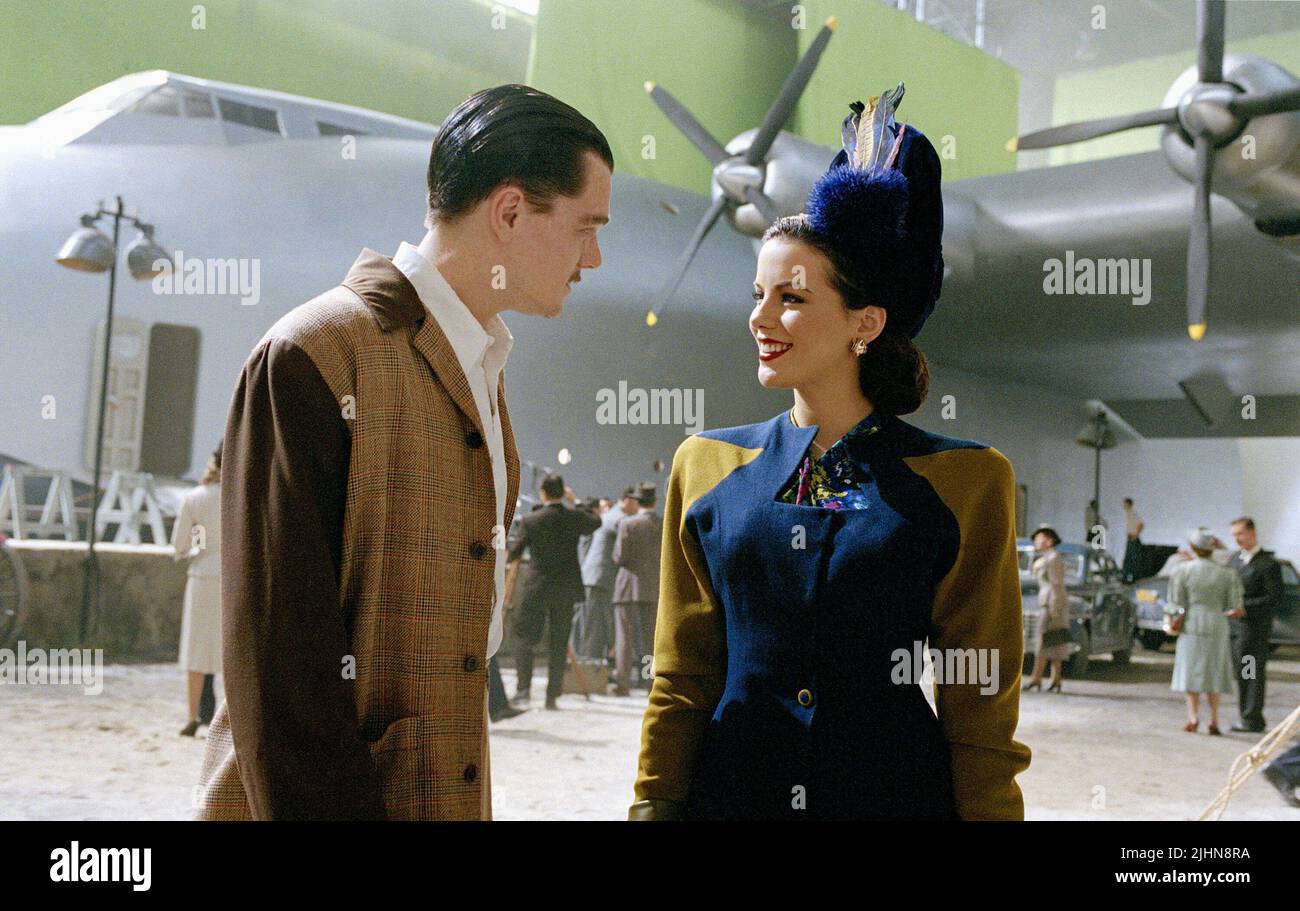
As Hughes’ mental health deteriorates, the film explores the darker aspects of his personality, including his increasingly erratic behavior and isolation. The portrayal of his obsessive-compulsive disorder is handled with sensitivity, illustrating the challenges he faces as he attempts to navigate his personal and professional life. This struggle culminates in a powerful climax as Hughes confronts the realities of his condition and the impact it has on his legacy. 🌀🤯
The Aviator received critical acclaim upon its release, earning eleven Academy Award nominations and winning five, including Best Cinematography and Best Film Editing. DiCaprio’s portrayal of Hughes is particularly lauded, showcasing his ability to embody the complexities of a brilliant yet troubled man. The film stands as a testament to Scorsese’s masterful storytelling and his exploration of the human spirit, capturing the essence of a man who dared to dream big while grappling with his inner demons. 🏆🌍
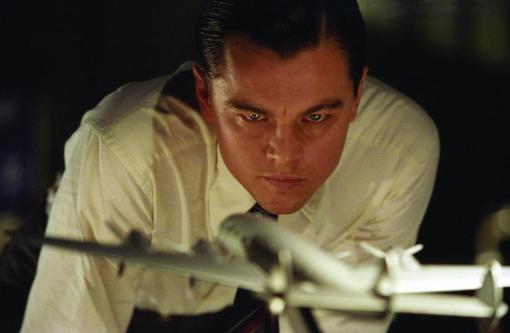
In conclusion, The Aviator is a visually stunning and emotionally resonant film that offers a profound insight into the life of Howard Hughes, a visionary who changed the course of aviation history. Through its rich storytelling, strong performances, and breathtaking visuals, the film celebrates the triumphs and tragedies of a remarkable individual, leaving audiences with a lasting impression of both his genius and vulnerability. The film serves as a reminder of the complexities of fame, the pursuit of excellence, and the human spirit’s capacity for resilience in the face of adversity. 🎬🕊️











